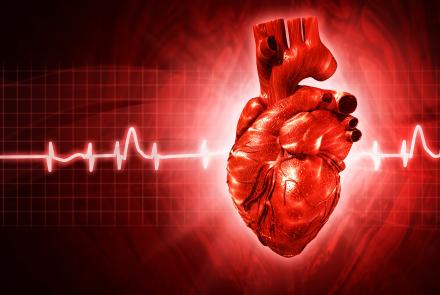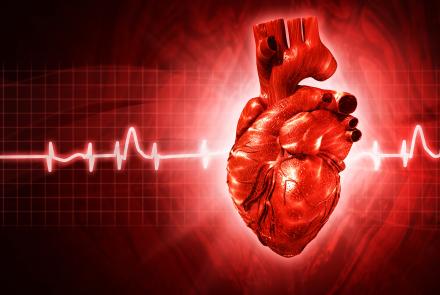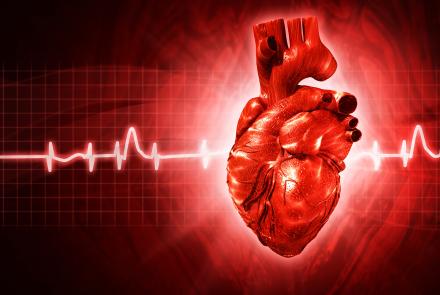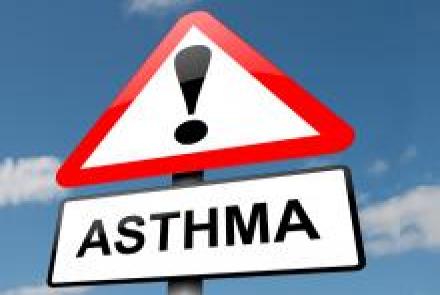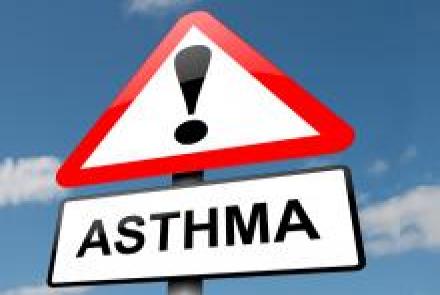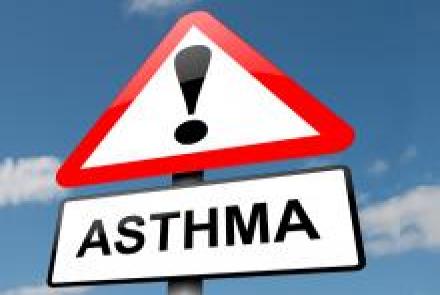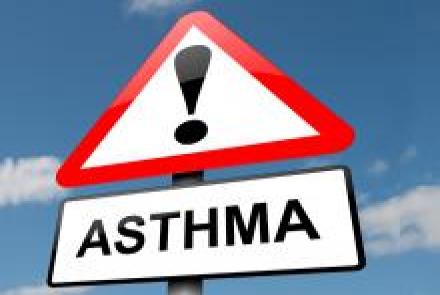What diagnostic tests are conducted to detect an arrhythmia?
Your doctor may ask for the following tests:
Full blood count (FBC)
Electrocardiogram (ECG) – this records the electrical activity of your heart to see how well it’s working
24-hour heart monitor (ambulatory ECG) – this records the electrical activity of your heart over 24 hours or longer
Exercise ECG – this can check for other problems with your heart and may trigger abnormal heart rhythms
Echocardiogram – this uses ultrasound (…
Latest Stories
- Arrhythmias can be further classified based on their rhythm or speed - Tachycardia is when the heart rate is above 100 beats per minute. Bradycardia is when the heart rate is less than 60 beats per minute. Depending on the place of origin, arrhythmias can be classified as “Atrial, Junctional or Ventricular”. Some of the more common abnormal heart rhythms are: Atrial fibrillation (AF) - the most common type of serious arrhythmia, it causes fast and irregular contraction…
- Symptoms depend on the type and severity of the arrhythmia. Frequency of occurrence varies from daily to once or twice a year. With some types of arrhythmia you may not get any symptoms, but symptoms may include: Palpitations Dizziness Fainting or collapsing Breathlessness Chest pain Tiredness
- You can try some of our self help steps listed here http://www.patientsengage.com/conditions/12-tips-help-relieve-anxiety-and-depression. But if that does not help, please consult a specialist listed below Your support team: Who can help General practitioner Psychologists and psychiatrists Mental health nurse practitioners Social workers in mental health Occupational therapists in mental health Counsellors Complementary health practitioners Other specialists as required
- Can it be prevented? We can’t prevent asthma, however we can take steps to control the disease and prevent its symptoms. There is no cure for asthma, but once it is diagnosed, it can be managed with a proper treatment plan. We can also avoid the triggers for an asthma attack once we have identified them. Read this to understand more http://www.patientsengage.com/conditions/asthma/causes-risk-factors
- There are different aspects to management of asthma Treatment: http://www.patientsengage.com/conditions/asthma/treatments Food and nutrition There’s no special asthma diet. Avoid foods that exacerbate asthma symptoms. Some research suggests the following may help. You can discuss it with your doctor: Diets higher in vitamins C and E, beta-carotene, flavonoids, magnesium, selenium, and omega-3 fatty acids may help asthma. Many of these substances are antioxidants, which protect cells from…
- Asthma is treated with two types of medicines: Long-term control and quick-relief medicines. Long-term control medicines help reduce airway inflammation and prevent asthma symptoms. These include: Inhaled corticosteroids: These are the most effective line of treatment for long-term relief of the inflammation and swelling that makes airways sensitive. Cromolyn: This medicine helps prevent airway inflammation. It is taken using a device called nebulizer. As we breathe in, the…
- What tests do you need to have done Medical history and physical examination: The doctor will ask about your family history of asthma and allergy. He will listen to your breathing and look for signs of asthma or allergies. The signs include wheezing, a runny nose or swollen nasal passages, and allergic skin conditions (such as eczema). He may recommend some of the following diagnostic tests: Lung Function test: One example is Spirometry test. In this test, you will take a deep breath and blow…
- Types of asthma Allergic asthma: Allergies can make asthma symptoms worse. So it is best to avoid the things you are allergic to. Asthma without allergies: Sometimes asthma can be triggered without allergens. For instance, an upper respiratory infection, such as cold and flu, can set off the asthma. Exercise induced asthma: Some otherwise healthy people can develop asthma symptoms only when exercising. Any type of physical exertion or sports leads to coughing, difficulty breathing…

